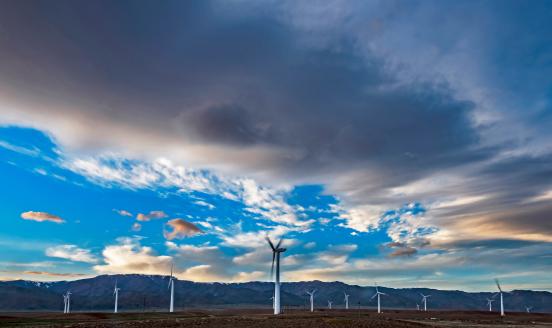The distributional effects of climate policies
The distributional consequences are likely to be a major driver of future climate policies. Policymakers will not accept forceful decarbonisation poli

This report was produced with the financial support of Fondazione Cariplo.
To limit the global temperature increase to well below two degrees Celsius above pre-industrial levels, mankind needs to stabilise the concentration of greenhouse gases in the atmosphere by the middle of this century. That is, industry and agriculture cannot emit more carbon dioxide and other greenhouse gases than will be absorbed. This will require a massive shift in our economies. Heating, transport, electricity and industry will have to be transitioned to a world without fossil fuels. Agriculture and industry will have to find new ways to reduce emissions.
These shifts might be eased by societal and technological shifts, such as urbanisation, and digitalisation, but decarbonisation will likely remain an uphill battle, with reduced fossil fuel consumption translating into lower fossil fuel prices, and hence a continued need for incentives to avoid using the remaining fossil resources.
Consequently, climate policy will play a substantial role in this deep transformation. Given the challenge, policies need to be quite intrusive. Such intrusive policies will likely have substantial side effects, including distributional effects. Depending on (1) the policy tool, (2) the sector addressed, (3) the design of the policy, and (4) the initial socio-economic conditions in the country, individual climate policy measures can have very different distributional effects. To combat increasing inequality and improve the political acceptability of decarbonisation, these distributive effects need to be addressed. Should this not occur, there is a real possibility that decarbonisation policies will face a political backlash.
We focus on the impact of specific climate policies on households with different income levels. Policies that make low-income households better off, relative to high-income households are called progressive. Policies that have the opposite effect are called regressive. And policies that equally affect high and low-income households are called proportionate. We argue that households with lower incomes are affected differently by individual climate polices compared to higher-income households because they:
- Face budget constraints that lead them to prefer different consumption baskets;
- Have higher discount rates/feature borrowing constraints that prevent them from procuring more efficient durables;
- Have different skill endowments and hence wages; and
- Earn less income from capital and land.
We find that key climate policy tools such as carbon taxes for different fuels, certain mandatory standards, subsidies and regulatory tools, can be regressive. For other climate polices, such as trade policies, public investment and agriculture policies, the effects are less clear. And for fuel taxes on aviation, for example, the effect might be progressive. As the example of the current feed-in tariff designs and the allocation rules in the European Union’s emission trading system demonstrate, the detailed policy design matters.
While climate policies can have adverse distributional effects, non-action cannot be the answer. Non-action would make everybody worse off and would affect low-income households more than high-income households. There is hence no trade-off between climate and equity. The question is how we design climate policies to minimise any adverse distributional effects.



